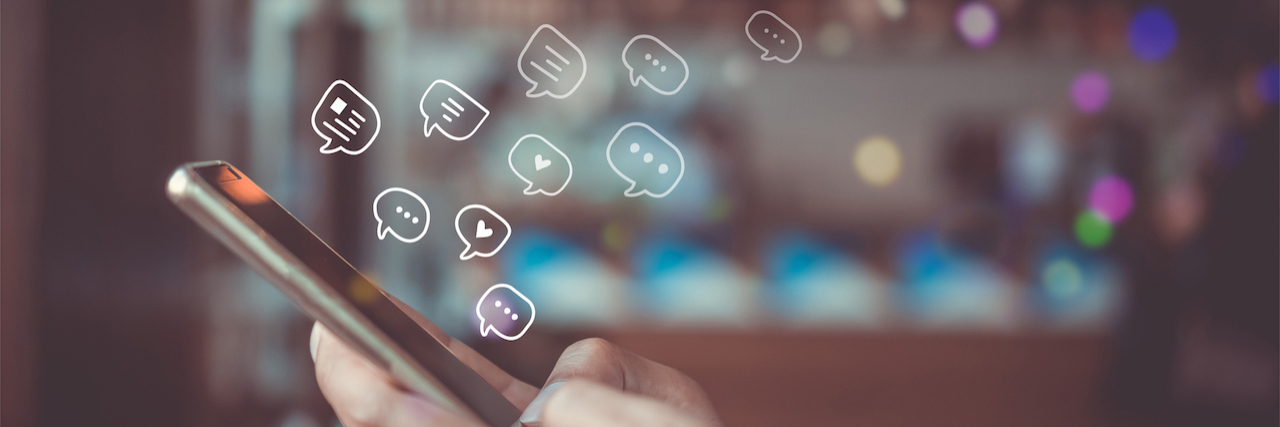Watching the World Document Social Distancing as a Chronically Ill Person
It’s been really strange watching the world document their days self-isolating during the COVID-19 pandemic both with and without having the illness.
“Quarantine day 14… organized the kitchen. Kids are driving me nuts. Have been wearing pajamas with no makeup for three days now. Send help.”
Makes me wonder if everyone would maintain interest if people with chronic illness (who basically live like this) were all like…
“Chronically ill day 2,492… today I woke up not able to move or stand. Have no more friends. Doctors still don’t know what’s wrong with me. Say it’s all in my head. Waiting on test result number 84 for this year. It’s only March. Doubtful it will reveal anything earth shattering. Might try to shower today. Exhausted just thinking about it.”
Actually I already know — because I’ve seen people shaming those with chronic illness and disability for openly documenting their experience before.
“Don’t make it your identity,” they say…
“Chronic illness isn’t your whole life,” they purport…
“It’s all you ever talk about or focus on,” they observe with disdain…
“You should really be more positive,” they judge…
“You attract more of what you talk about,” they reason…
Yeah, that must be why I’m still sick after seven years, right?
I’ve noticed this happens particularly with women. Because women are “hysterical.” We’re “leaky vessels” and “emotional.” Our concerns are “histrionic’” and undeserving of attention, therefore a condescending “there-there” and a pat on the head will suffice.
Instead of pain killers, women are given antidepressants and a referral to a therapist. Instead of being told we’re strong for working through all that pain, we’re told, “It’s probably just hormonal.”
All of this is to say — I won’t shame you for documenting your experience processing this new pandemic and what it’s like to be isolated, unwell or scared.
People with chronic illness understand.
And maybe now you’ll understand that when you’re isolated, you feel a need to connect through social platforms and share your experience because it’s confusing, lonely and any end to it all feels so far away. The uncertainty is palpable at times.
I think we can now all connect to the pervasive nature of not working, being at home much more than you ever bargained for, never knowing when the world will be safe for you again and how your entire experience changing can implode your sense of control or confidence in your ability to cope with stress.
I think we can now all understand how the financial uncertainty, uncertainty around your own ability and health status and even how consumed you become with your internal experience once you actually get sick, can really put you in a state of overwhelm.
And you may now even be able to imagine what it might be like to have all of this happen and never end, due to an illness having no end, no treatment, being incurable or doctors simply not being able to identify or test for it.
So now, as we continue balancing the tightrope of, “Am I sharing too much?” and “Am I feeling pressured to fake being OK?” there’s a lot to deal with. But I think most of us end up with the overarching conclusion that it’s best to share and connect in order to weed out the people who get it from the people who would otherwise dismiss and silence our experience.
And if you too arrived here, you would be right.
So in the spirit of solidarity, know that if you’re new to isolation and illness, I will not be one of those dismissive people.
In fact, I want to encourage you to share your quarantine thoughts and feelings with me. Share what’s been toughest for you so far. Share your worries, fears and losses.
Because vulnerability is strength.
And because we’re stronger together.
Concerned about coronavirus? Stay informed with these articles:
Getty image via Suwaree Tangbovornpichet

